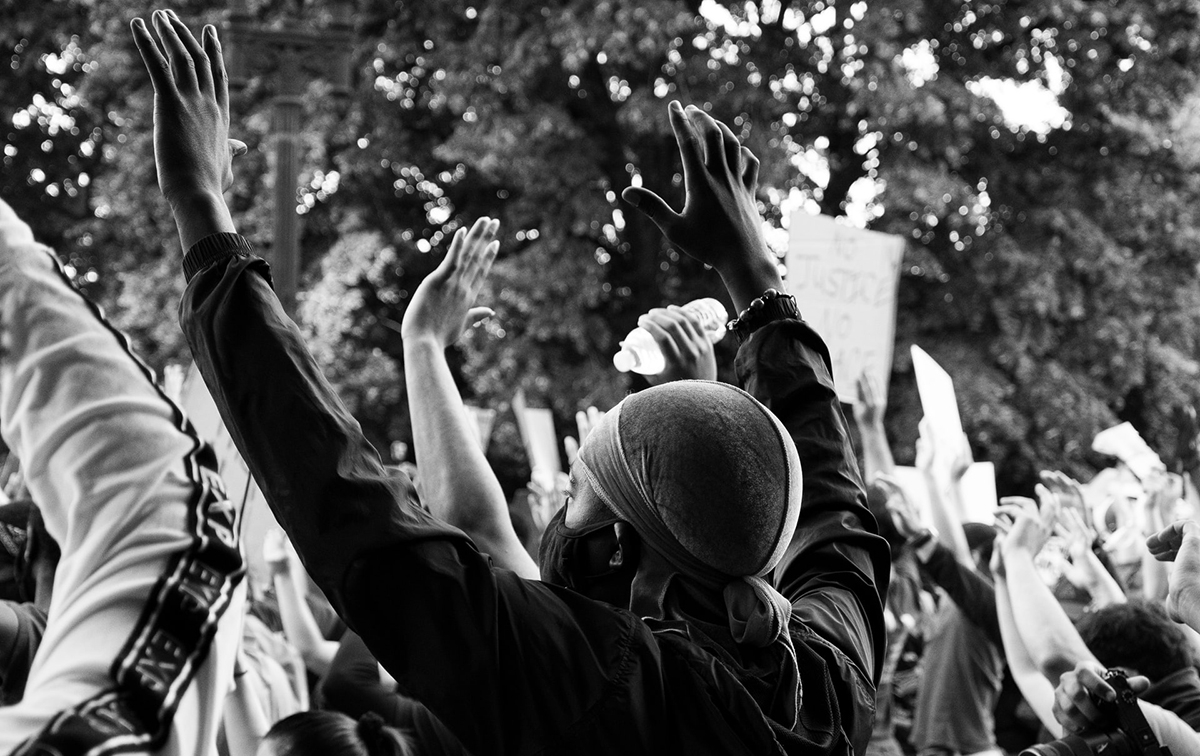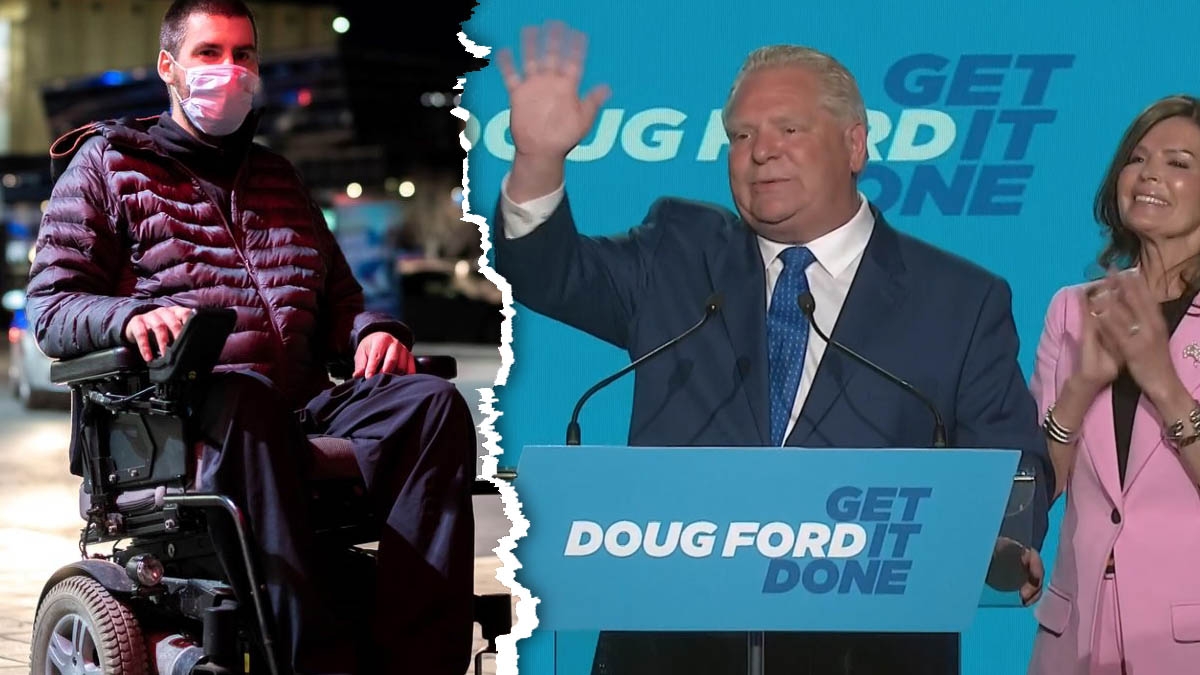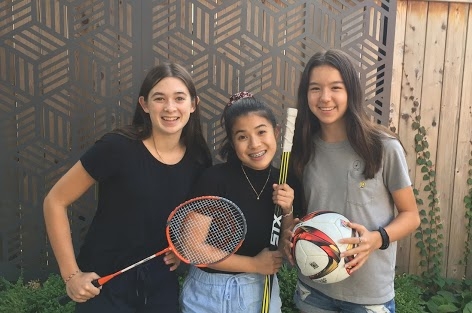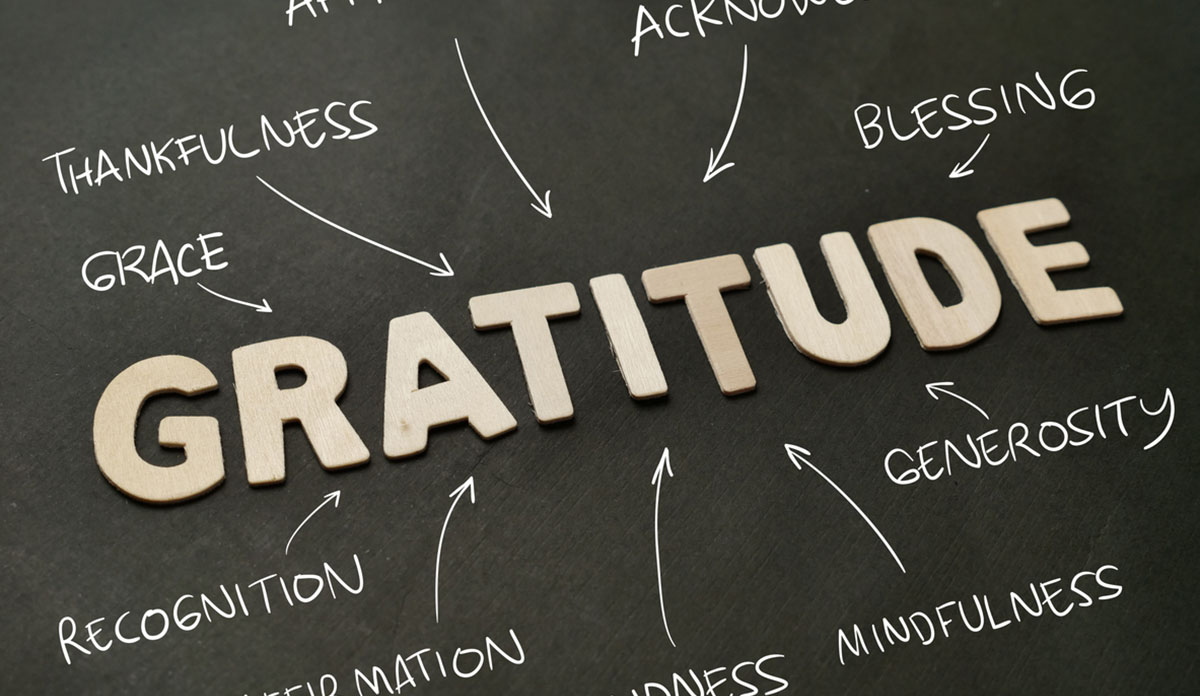
Let your voices be heard — advice on advocating for yourself and others
There’s been an increase in people protesting and speaking out against injustices. I’ve personally attended rallies for Black Lives Matter, Violence Against Women, and for ODSP, and many others.
I’ve also organized a few rallies for better service for Para Transpo users.
Through Social Media, it’s become easier for others to speak up, be heard, and become part of a community seeking change.
Being outspoken myself, and quite frankly, very visible, I get asked about how I got into advocating for people with disabilities and any advice I may have on advocating for yourself and issues that affect you or others.
This week, I’ll do my best to answer those questions.
A little disclaimer.
I don’t consider myself to be an expert on this topic. What I can say is that I’ve been an advocate for a very long time, even before I knew what the word meant. Each issue/cause is different, as well as how comfortable the person is when speaking out and what they’re willing to do for their cause.
Advocacy isn’t for everyone. You need to have a lot of patience, determination, be well-spoken, and it also helps to have a good understanding of what your rights are as a person. You also need to be prepared for setbacks, little bumps in the road, and even barriers. Sooner or later, you will hit roadblocks. The key to getting around them is not giving up and not losing sight of what matters.
I’ve often seen advocates get so frustrated and mad that they start yelling and swearing. While I understand your frustration, that approach rarely works. In most cases, things will escalate quickly, or at the very least, you’ll get dismissed.
So let’s dive in.
To make this easier, I’ll be sticking to the term “advocate.” I also happen to prefer it more than being an activist. Being an activist means that you’re 100% invested in a particular cause, and you’re working against the system. I’ve had to do that in some of my experiences, but I believe I relate more to being an advocate.
When I was a kid, my Mom was a huge part of my life. She’s still is. As a kid, though, she was my strongest advocate, especially when it came to me moving out of CHEO and into my place. Between the two of us and one of my PSW, it took two years of writing letters, phone calls, and media appearances for CHEO and the government to realize that it would be more cost-effective for me to live independently. I learned a lot from my Mom about advocating for myself and, eventually, for others.
In my opinion, the best advocates are the ones with first-hand experience. In my case, a person with a disability often needs to fight for things that most take for granted. Using the example of leaving CHEO, if I were an able-bodied person wanting to leave home, I’d save money and get a job, find a place to live or move in with a friend, and that would be it. Easy for some people, but not if you’re a person with a disability. Granted, my case was a little different because I need extra help.
When it comes to people with disabilities and other groups, I’ve never understood why seemingly simple wants and needs become difficult, all because we may look or live differently. We’re all humans with wants, needs, desires, and deserving of being treated equally. Perhaps it was the way that I was raised, but I feel that we shouldn’t need to fight for almost everything constantly. This leads me to my next tip.
Take care of your mental health.
I can’t stress this enough. Having to fight and being in that mode can be mentally exhausting. There have been several times when I’ve had to say no to attending meetings or rallies because I was mentally drained and sometimes emotionally drained. When I feel that way, I’m not going to be useful to anyone. So, I roll away for the time being. I come back to it at a later time or another rally or meeting.
Rolling away doesn’t mean that I suddenly don’t care. I’ve learned to recognize some of the warning signs that it’s getting too much for me throughout my life, and I need a break.
Sure, I’ve had people get upset about it, but I need to look after myself.
To all of you who are continuing to speak out and fighting for change, don’t give up. Let your voices be heard. I may not always be there physically, but I assure you that I’m there in spirit.
Together, we can make the world a better place by being a voice for the voiceless.
Photo: Koshu Kunii, Unsplash










